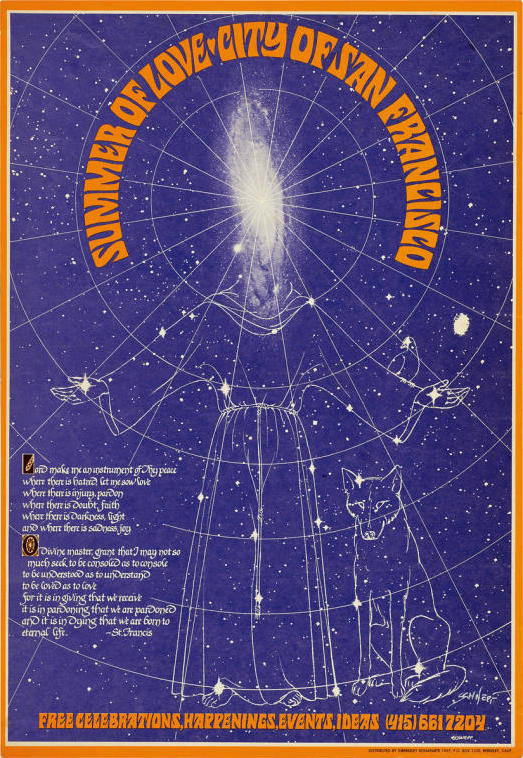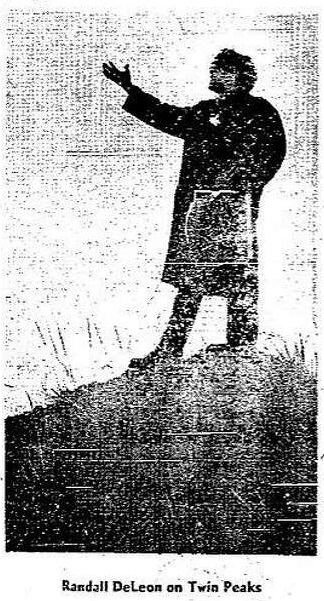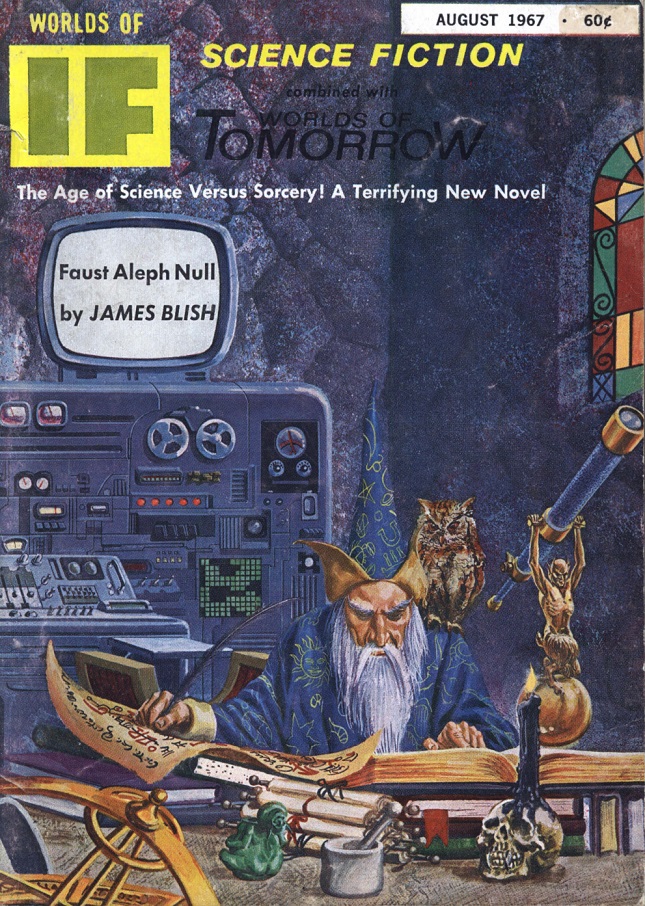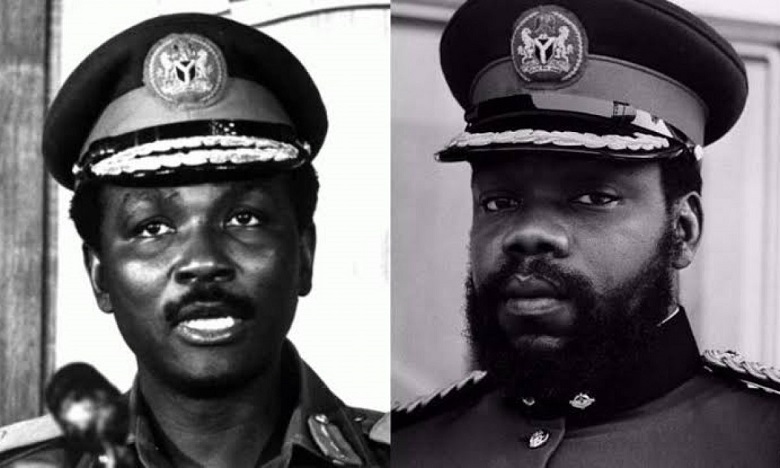
by David Levinson
A diplomatic incident
In the Treaty of Paris of 1763, which ended the Seven Years War, France abandoned her claims to territory in what is today Canada (among others) in order to keep richer colonies in the Caribbean. Britain allowed her new subjects in Quebec to keep their language and religion, likely to keep them from making common cause with the fractious colonies along the Atlantic seaboard. Since then, there has been a strong undercurrent of nationalism among the French-speaking Québécois. Enter French President Charles de Gaulle.
Canada has extended an open invitation to representatives of countries exhibiting at the Expo 67 world’s fair. Last month, de Gaulle came to visit. The Canadian government was a little concerned. France hadn’t sent a representative to the funeral of Governor General Georges Vanier, who had been a personal friend of de Gaulle, or to the 50th anniversary ceremonies commemorating the Canadian victory at Vimy in the Great War. Rather than flying in to the Canadian capital Ottawa, de Gaulle arrived directly in Quebec City aboard a French naval vessel and went on to Montreal from there, with crowds cheering him along the way. He arrived on July 24th, and delivered an unscheduled speech from the balcony of the Montreal City Hall. He concluded by shouting “Vive le Québec libre!” (“Long live free Québec!”) and the crowd roared in approval.
 President de Gaulle with foot firmly in mouth.
President de Gaulle with foot firmly in mouth.
The next day, Prime Minister Lester Pearson issued an official rebuke, declaring that “Canadians do not need to be liberated” and pointing out that many Canadians died in the liberation of France. Justice Minister Pierre Trudeau wondered what the French reaction would be to the Canadian Prime Minister shouting “Brittany to the Bretons!” Even the French papers were critical. Meanwhile, de Gaulle visited the Expo and hosted a banquet at the French pavilion. The following day, he boarded a French military jet and flew home rather than making his scheduled visit to Ottawa. Whether this was deliberate interference in another country’s domestic affairs or just de Gaulle being de Gaulle, we’ll have to wait to see what the fallout may be.
Walking the line
Apropos of today's lede, at least one story in this month’s IF is about crossing or challenging the lines of what is in good taste. A couple more do that themselves.
 This alien dude ranch has become a popular honeymoon spot. Art by Gray Morrow
This alien dude ranch has become a popular honeymoon spot. Art by Gray Morrow
Continue reading [August 2, 1967] The Bounds of Good Taste (September 1967 IF)

![[August 2, 1967] The Bounds of Good Taste (September 1967 <i>IF</i>)](https://galacticjourney.org/wp-content/uploads/2022/07/IF-Cover-1967-09-672x372.jpg)
![[July 4, 1967] Angels and Demons (August 1967 <i>IF</i>)](https://galacticjourney.org/wp-content/uploads/2022/06/IF-1967-08-Cover-645x372.jpg)
 The official poster created by Bob Schnepf
The official poster created by Bob Schnepf The festival was delayed one week due to bad weather.
The festival was delayed one week due to bad weather. This poster is a good example of the new psychedelic art style.
This poster is a good example of the new psychedelic art style. Hippie Randall DeLeon greets the sun and makes the front page of the San Francisco Chronicle.
Hippie Randall DeLeon greets the sun and makes the front page of the San Francisco Chronicle. That’s not quite how black magic works in the new Blish novel, but it ought to be. Art by Morrow
That’s not quite how black magic works in the new Blish novel, but it ought to be. Art by Morrow![[June 2, 1967] Uneasy Alliances (July 1967 <i>IF</i>)](https://galacticjourney.org/wp-content/uploads/2022/05/IF-Cover-1967-07-672x372.jpg)

 l.: Colonel Yakubu Gowon of Nigeria. r.: Colonel Odumegwu Ojukwu of Biafra.
l.: Colonel Yakubu Gowon of Nigeria. r.: Colonel Odumegwu Ojukwu of Biafra.  Joe Miller is the most fearsome warrior these vikings have ever seen. Art by Gaughan
Joe Miller is the most fearsome warrior these vikings have ever seen. Art by Gaughan